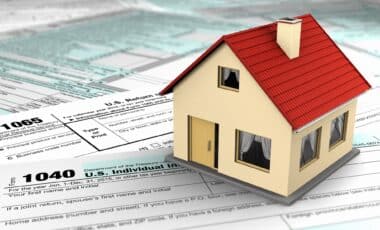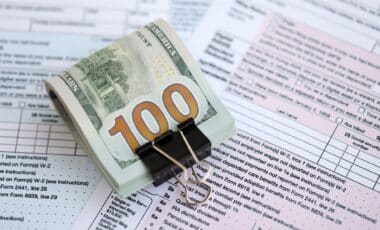According to Rightmove UK house prices hit record highs with the average British house price reaching £375,000 in May.
Average UK House Prices Reach Record High
The average UK house prices rose by 0.8%, or £2,807, on a month on month comparison.
The restricted demand from future buyers who halted their plans in 2023 represents a key driver behind high home mover activity even if mortgage rates remained increased for longer than expected, the properties website’s report highlighted.
The level of sales agreed during the first four months of the year was 17% higher than the same time last year.
The report noted that May is a strong month for price hikes, new price records were set in May, in 12 of the last 22 years. Since the last record set in May 2023, average costs are only 0.6% higher in general.
Tim Bannister, Rightmove’s director of property science, stated: “The momentum of the spring selling season has exerted enough upwards price pressure to reach a new record asking price.”
According to Rightmove, the number of completed house sales in 2024 is expected to reach around 1.1 million, it however highlighted that the lengthy time to period to complete a sale after finding a buyer remains a challenging task for both agents and movers.
UK Property Market: Delays, Rate Cuts, and Rising Rents
The average period between agreeing a sale and legal completion is around five months. In general, it’s taking more than seven months, meaning that future sellers wishing to celebrate Christmas in a new property need to join the market now.
In some constructive signs for the mortgage market, HSBC UK, Barclays and TSB slashed their mortgage rates last Friday.
The data were released as property company Hamptons said tenants renewing an existing contract in the UK typically noticed their rent hike by an average of 8.3% over the 12 months leading to April, surpassing rental growth on a newly let property (6.4%).
Aneisha Beveridge, head of research at Hamptons, stated: “Over the last two years, strong rental growth on the open market has meant that the gap between market rates and what some tenants were paying rose significantly.
“The large gap between market rates and what many tenants are paying is a big disincentive for them to move unless they have to. Moving increasingly means getting less home for more money.
“While time will eventually close the gap between what sitting and new tenants are paying, it may take longer if rental growth on the open market starts picking up again.”









